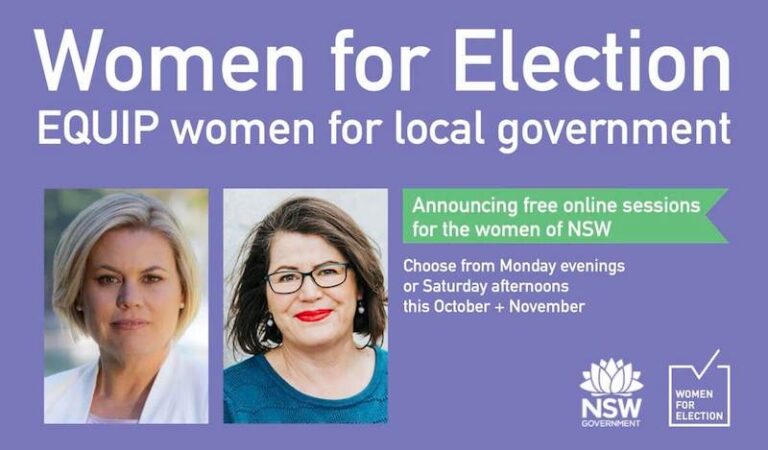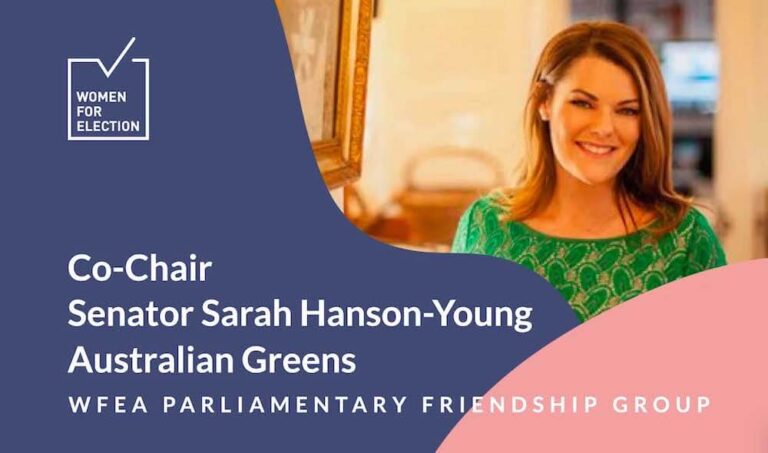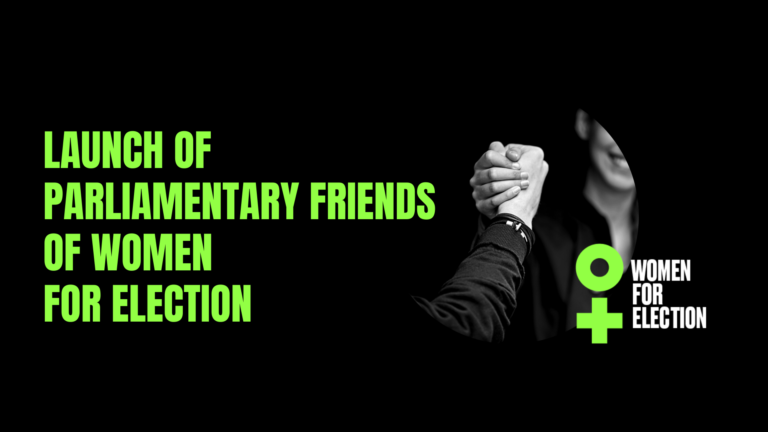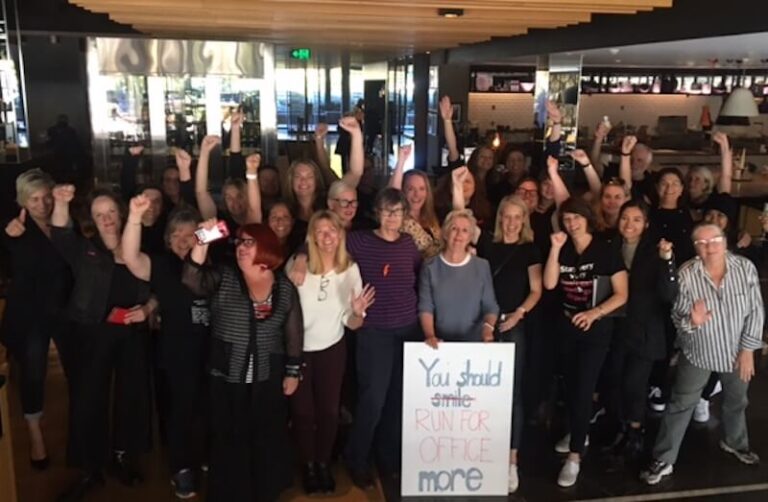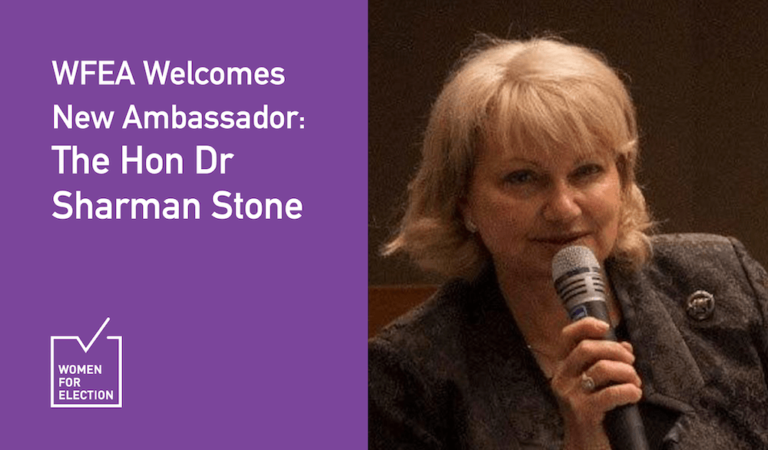A call for gender neutral language in our constitution
Written by Kali Goldstone, Consultant, WFEA
Gender equality is a cornerstone of a democratic and just society. Constitutions perform multiple essential roles that can profoundly impact on an individual’s economic and social equality. As the supreme law, it defines the structure of the state, distributes political power, and recognises and protect the rights of the people.
 The Australian Constitution contains the pronouns “his” and “he” over 70 times in reference to the Governor-General, Justice of the High Court, Justices of Courts, Members of the House of Representatives and Senators, therefore assuming that only males can fulfill these positions. However, these roles are no longer exclusively held by men.
The Australian Constitution contains the pronouns “his” and “he” over 70 times in reference to the Governor-General, Justice of the High Court, Justices of Courts, Members of the House of Representatives and Senators, therefore assuming that only males can fulfill these positions. However, these roles are no longer exclusively held by men.
Petition EN3040 is currently before Parliament and is open for signatures until the 1st September 2021. It’s requesting a change to the Constitution, by calling for a referendum to replace the words “his” and “he” with a neutral term that is inclusive of all genders such as “this person” or “these people”.
When the Australian Constitution was written, this gender invisible language reflected the situation of the time: Only men, and often men of a certain class, had political rights. Women were prevented from voting or standing for parliament.
There have been 44 referendums since 1906, but not one recognised that women are legally able, and currently do occupy these positions of power. Even today, it is apparent that the public space in which our constitution operates – the space of government, leadership, representation and rights – is a space primarily for those that are male.
Australia’s gender-exclusive constitution explicitly provides or implicitly assumes that citizens are men. Women, non-binary and transgender people are rendered invisible in the language of our constitution by the use of masculine pronouns only, or in its interpretation, where neutrally framed provisions are interpreted to exclude anyone but men.
Article 2 of the Convention on the Elimination of all Forms of Discrimination Against Women (CEDAW) requires state parties to guarantee equality between men and women including through ‘national constitutions’ and take all appropriate action for ‘the practical realization of this principle’.
Moreover, marginalized groups such as transgender and non-binary persons, can also successfully use the window of opportunity created by constitutional reform to ensure their rights are protected. A gender- neutral constitution will seek to promote substantive equality.
Language is not only a way to express ourselves but it is also a means by which our thinking is shaped. To understand why we must promote the use of gender-neutral language in our laws, we need to understand the disadvantages and dangers of continuing to use male pronouns and male designations:
- It is discriminatory;
- It perpetuates gender-stereotypes (firefighters and police officers are presumed to be males and therefore generally referred to as fireman and policeman);
- It has a negative influence on shaping broader cultural and social attitudes.
Karen Busby, in her essay, “The maleness of legal language,” suggests that “legal discourse systematically excludes, devalues, trivialises and ignores women.” Unfortunately, three decades later, these words are still true and are equally applicable to non-binary genders.
Therefore, it is crucial that we transform the language of our Constitution into gender neutral terms. This will go a long way in making laws more inclusive and non-discriminatory. Laws which are to apply to all persons, should, for this reason alone be gender neutral.
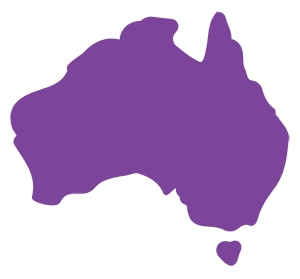 WFEA supports this petition as it will send a powerful message to the people of Australia that applying a gender lens over all legislation should be innate in everything that Parliament does, if we are serious about achieving gender equality.
WFEA supports this petition as it will send a powerful message to the people of Australia that applying a gender lens over all legislation should be innate in everything that Parliament does, if we are serious about achieving gender equality.
If you would like to sign this petition, please do so here.


